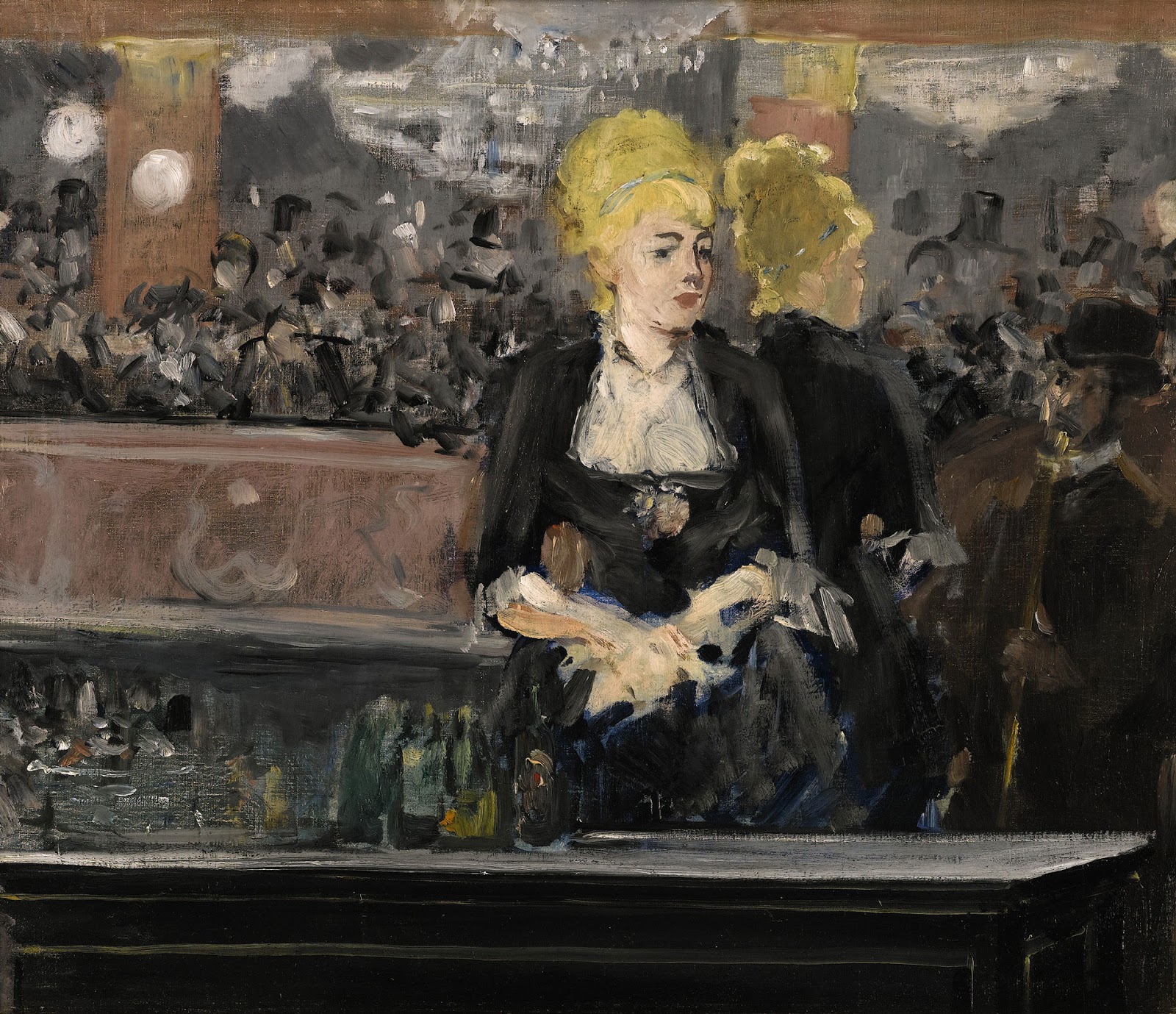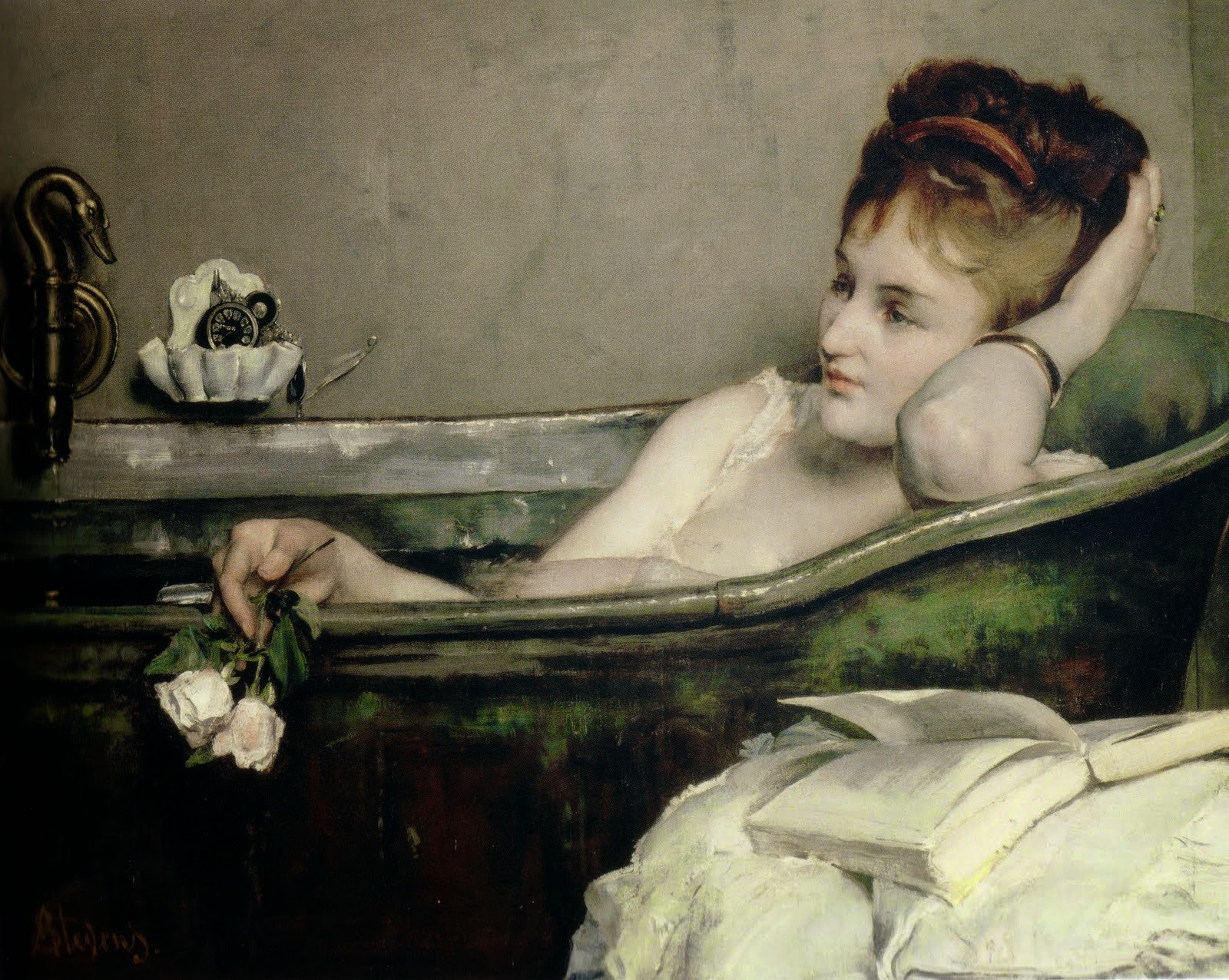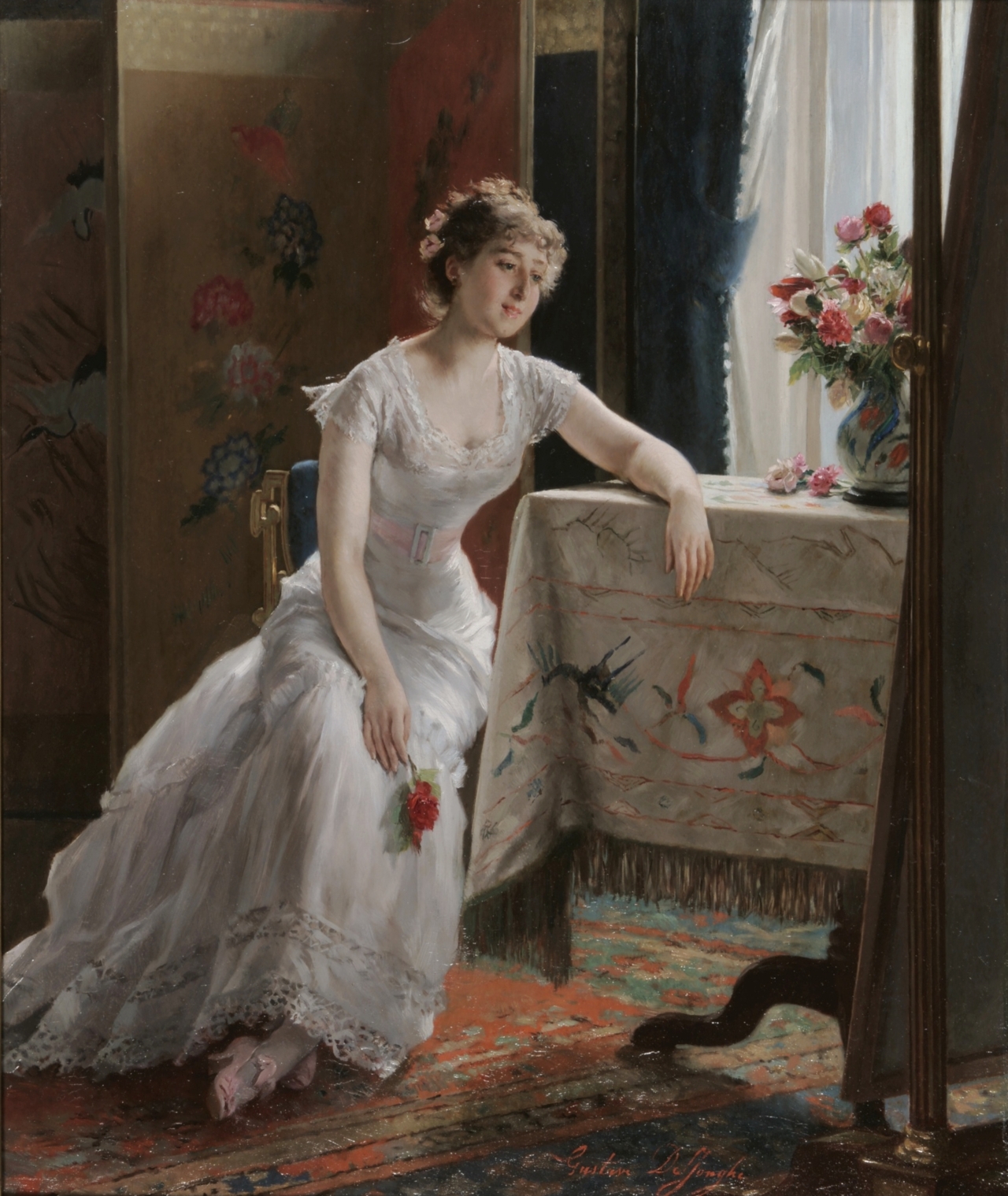Antica Grecia (o Grecia antica) è il termine utilizzato per descrivere la civiltà sviluppatasi nella Grecia continentale, in Albania, nelle isole del Mar Egeo, sulle coste del Mar Nero e quelle occidentali della Turchia, in Sicilia, nell'Italia Meridionale (poi chiamata Magna Grecia), nelle isole del Mediterraneo occidentale di Corsica e Sardegna, nonché sulle coste di Spagna e Francia e, successivamente, dell'Africa settentrionale.
La cultura Greca, nonostante la conformazione geografica del continente favorisse l'insorgere di molteplici unità politiche a sé stanti, fu un fenomeno omogeneo, che interessò tutte le genti elleniche, accomunate dalla stessa lingua e dalla stessa religione.
Età arcaica
Le prime civiltà di cui si ha notizia per la Grecia antica sono la civiltà egea, quella cicladica e quella micenea, influenzata dalla civiltà minoica, che sorse a Creta nell'età del bronzo.










